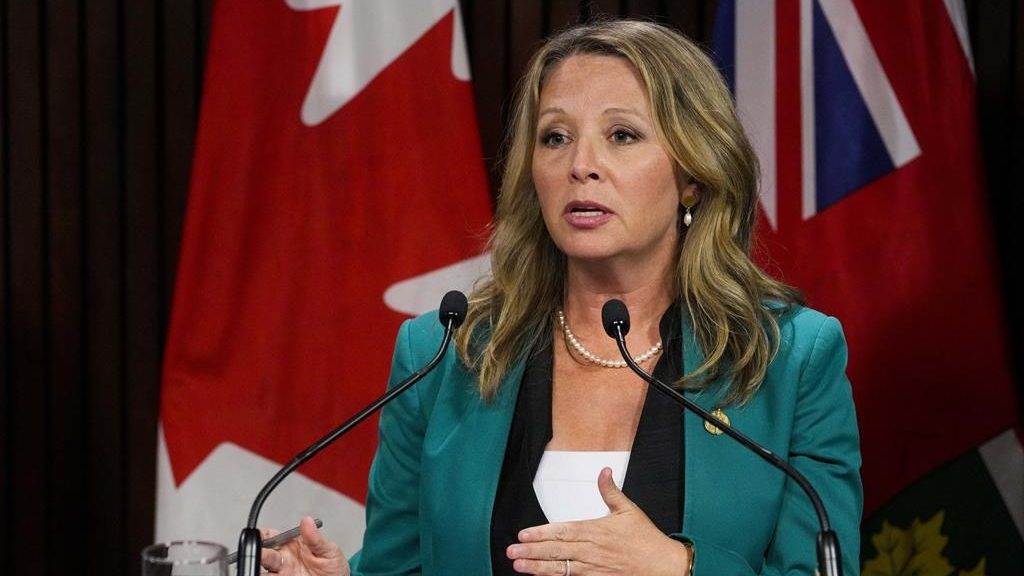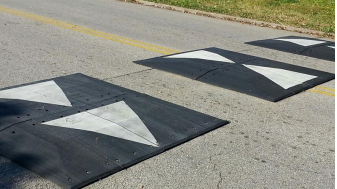Building a community of hope for widowed parents
Posted Dec 21, 2021 06:05:00 PM.
Marny Williams Balodis was only 30 years old when she became a widowed parent of two young children – ages 3 and 3 months.
“My husband died the week before my 31 st birthday,” she reflects. “It was something I wasn’t prepared for in the least.” She reached out to various grief organizations for support which met her needs for a short time. However, she began to realize there were unique aspects of being a widowed parent that weren’t being addressed by these groups. “Solo parenting grief is different from other grief, because we’re honouring our kids’ hearts as much as we’re honouring ours,” she says, “and I really needed to be around people who ‘got it’.”
Three years after her husband’s death, Marny felt she was in a place where she wanted to give back to the bereavement community. Together with Beth Bailey (another widowed parent she had met at a support group), they founded The Hummingbird Centre for Hope – a centre designed specifically to provide widowed parents with continuing support in all areas of their grief.
The Hummingbird Centre is a peer based organization that provides tools, knowledge, strength and courage to widowed parents to help them create a renewed sense of self and rebuild the lives and dreams of their families.
“You get stuck in that role of ‘good parenting’ and it’s natural for parents to put their children’s needs first,” Marny says. “But at the Hummingbird Centre, we want to make sure the parents are taken care of too, that they have a place to go to for support.”
The centre is completely funded by donations, and all of their programs are offered free of charge. “Some of our widowed parents have financial struggles and we don’t want finances to prevent them from getting the help they need. Any donation helps us to build that community.”
The centre’s signature program is the Legacy Academy– an acronym for Learning to Embrace Grief and Care for the Young. Since COVID the program has been running weekly (it was originally a monthly program). There’s a topic to get things started, with education around the topic and then time for conversation and sharing. Finances, boundaries, special days, dating again – there’s a time and a place for all of those conversations.
“It’s a beautiful combination of people who are at various points in their grief journey and have children who are different ages,” says Marny, “and they all listen to and support each other.” They also have a group that’s specific to widowed dads that meets virtually each month to address their specific needs.
Marny says one of the constant messages she hears during group sessions is how overwhelming it is to not have a parenting break. “In the relationship each person takes on a role, and now you also have to take on the role of the person who died,” she explains. “If your child is having a bad day you’re it – you’re the only parent who can tend to that child’s heart. And there are the practical things; your partner may have been the person who repaired things and you don’t have those skills. Now you either have to learn how to do those things, or find someone who can. It can be exhausting figuring it all out.”
Holidays are also a difficult time for widowed parents and their children. Marny has advice for anyone who is looking for ways to help out and provide support. “If you don’t know what to do, I always say go practical! Ask to take the kids shopping so they have a gift for the parent on Christmas morning. Volunteer to watch the kids so the parent can go shopping for a couple of hours and get some things done. If it snows shovel their driveway – it all means so much.”
The key to being helpful is to be specific about how you are able to help. “People would call to ask me what they could do for me, and my brain would go empty and I would say ‘I don’t know’. So give specific suggestions like “I’m going to get groceries today – can I pick up anything for you?” Marny also reminds people that it’s important to remember the person who has died.
“Talk about them – share stories and say their name. There’s nothing worse during the holidays or anytime than being around a bunch of people and no one wants to bring up the elephant in the room: nobody wants to say your person’s name. To the griever it feels like ‘Weren’t they important? Why aren’t we talking about them?’ It doesn’t have to be a long conversation Marny says. “It can be as simple as ‘Remember that time he/ she did this…' or ‘Last time we were all together they did this…' or even ‘I’m really missing (that person) now: I can only imagine how much you’re missing them.’ Because we want to talk about the person who was so important to us, and hear stories about them.”
She also has a message for anyone who is grieving. “There’s a great quote that says ‘Grief is love with nowhere to go.’ You are always going to love your person, you are always going to carry them with you, and therefore your grief is always going to go with you. Grief does change – it evolves, it’s not as sharp as it is early on. But remember grief is also ok: it means you loved someone and you miss them. And the Hummingbird Centre is always here so you’re not alone in your journey.”
More information on the Hummingbird Centre for Hope, its programs and how to donate can be found on the website.










